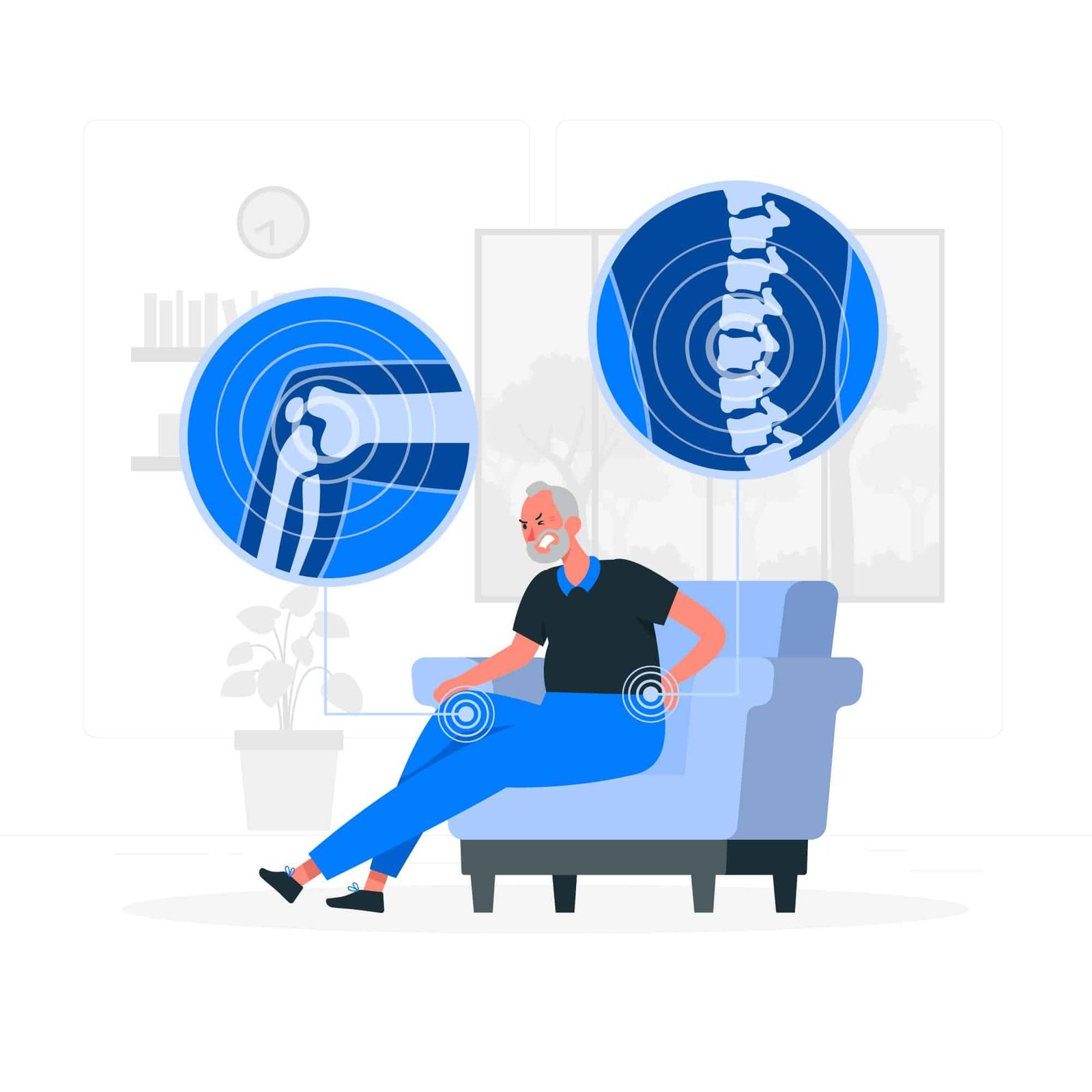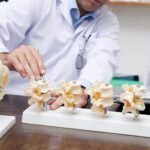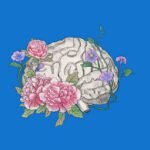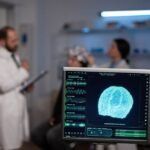What is degenerative disc disease?
In a healthy back, The rubbery discs between the vertebra generally allow you to twist and bend the back. As a result of aging, our bones can be affected and the discs change and begin to wear down over a span. Sometimes the discs wear away completely over time, the discs become less spongy and thinner. It is not actually a disease; this is a condition in which a damaged disc causes pain. After age 40, most individuals have some disc degeneration, but not always with pain. A wide range of symptoms and severity is associated with this condition.
What Causes It?
Your spinal disc is comprised of a delicate inner center and an extreme external wall. The discs change in ways that may cause degenerative disc disease, such as:
Discs shrink and dry out – the disc nucleus is made of around 80% water. As you age it gradually loses water and adaptability, which puts more weight on the disc annulus.
Disc gets thinner – because of the deficiency of water, the discs get tiny and the distance between vertebrae starts to fall. Which is the reason we get a bit shorter as we age.
Bone spurs grow – without the discs holding apart the vertebrae, they can rub on each other causing abnormal bone growths.
Excess motion – abnormal rubbing adds stress to the facet joints. Pinched nerves may result in back or leg pain (sciatica).
Little tears occur in the annulus – at times the gel-like core pushes through a tear in the wall and hits close by nearby nerves. This material has inflammatory proteins that can disturb nerves and cause torment. The tears also affect tiny nerves in the annulus and cause discogenic pain with small micro-motion instability of the disc. Over the long run the proteins evaporate, and the plates become stiffer.
What are the symptoms of degenerative disc disease?
The most common symptoms of degenerative disc disease are neck pain and back pain. You may experience pain that:
- Comes and goes, staying for weeks or months at a time.
- This leads to numbness or shivering in your arms or legs.
- Radiates down your buttocks and lower back.
- Deepens with sitting, bending, or lifting.
How Is It Diagnosed?
Your spine doctor will talk to you about your medical history and your symptoms. They might ask you:
- When the pain began
- Which part of your spine hurts?
- Assuming that it has spread to different parts of your body
- If you’ve had past spine injuries
- On the off chance that you have a family history of similar issues
They’ll take a gander at your spine for indications of the condition, like pain in your lower back or neck. They may also request you to walk or bend to see which movements cause pain.
How Is It Treated?
The goal is to ease the pain and stop any further damage. The doctor will recommend you the best plan for you, based on your condition and symptoms. Most of the treatments may include:
Medication: Over-the-counter pain relievers like aspirin and ibuprofen can help fight inflammation. This medication can ease your pain and lessen swelling. Your doctor may prescribe a stronger medication for pain if it is required.
Degenerative disc disease may also lead to muscle spasms. Your doctor may suggest medicine to help relieve them.
Physical therapy: There are specific motions that make the muscles in your neck and back stronger and more flexible. This supports the spine.
In most cases, physical therapy and pain medication are enough for long-term relief.
Steroid shots: These have strong medications to ease pain, swelling, and inflammation. Your doctor may suggest you get a shot in the epidural space in your back, a fluid-filled area around the spinal cord, or get one in your nerve or muscle.
Surgery
Surgery is rarely recommended unless you have a confirmed disc herniation or instability and your symptoms have not particularly improved with nonsurgical treatments. Your doctor will talk with you and suggest whether surgery is right for you. One surgical procedure is called a discectomy, in which the injured part of the disc is removed. This helps take pressure off your nerves.
In some major cases, your doctor might pull the whole disc and put an artificial one in. If you have a severe problem, your doctor might fuse (permanently connect) the bones in your spine after they remove the disc. Dr. Vishal Bhasme provide degenerative disc disease treatment in Pune along with other spine conditions.















